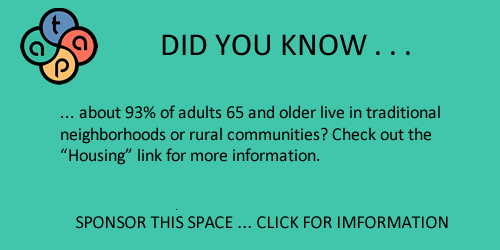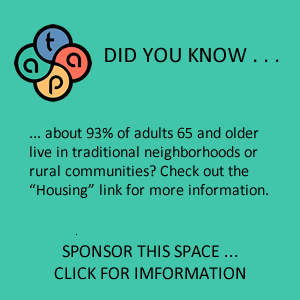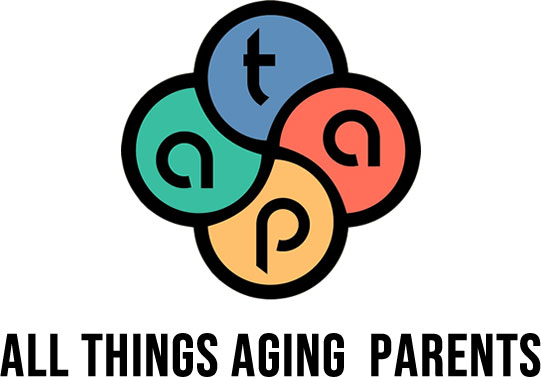Hospice care is compassionate, end-of-life care for patients who have exhausted treatments for a cure to their condition. The purpose of hospice care is to empower terminally ill patients to maintain as much dignity, respect, and control as is possible in their condition. Hospice cares for a patient physically, mentally, and spiritually, regardless of what condition they are suffering from. Hospice care also encompasses the family caregivers, providing support, information, and counsel for them as well as the patient.
The primary goals of hospice are to maintain comfort, independence, control, meaningful relationships, and quality of life for as long as possible. The care focuses on controlling pain, fatigue, nausea, difficulty breathing, anxiety, sleeplessness, and other symptoms of terminal illness. The hospice team includes professionals and trained volunteers in various disciplines:
- Supervising hospice physician
- Registered nurse (RN) who monitors the patient’s physical, mental, and emotional health
- Certified nurse’s aides who provide personal care as needed (assistance with ADLs)
- Social worker who deals with social, emotional, practical, and financial challenges
- Chaplain who addresses spiritual needs
- Trained volunteers to visit, give family caretakers a break, help with light housekeeping, meals, or other tasks
- Support groups, bereavement counseling, and other services are also available to the patient’s family
Hospice care can take place wherever your parent is living – at their home, in an assisted living facility, skilled nursing facilities (including some hospitals), or sometimes in stand-alone hospice facilities. They can provide equipment or supplies that are needed, like hospital beds, shower chairs, and incontinence supplies.


To qualify for hospice services, your parent must be certified by physicians to be terminally ill (no cure is possible), and that the likely prognosis (expected length of life) is less than 6 months. Patients entering hospice must agree to stop treatments intended to cure the disease, however, medications or treatments that alleviate the symptoms of the condition may continue. A patient may remain on hospice for longer than 6 months, but must periodically be recertified to stay enrolled.
Most patients receiving hospice services have minimal out-of-pocket expenses. Hospice care is covered by Medicare, Medicaid, VA benefits, and most private insurance plans, although some details of coverage may differ. (Note: if your parent lives in a facility the hospice benefit does not usually cover room and board.) Hospice coverage includes medications*, supplies and equipment, physical therapy, occupational therapy, speech therapy, and visits from the hospice team. Bereavement counseling is covered for the family prior to the patient’s death and for a year afterward. (*Note: Medicare now charges a copay of $5 for each prescription.)
It is often difficult for a physician to give up hope in a curative treatment. They may want to try “just one more” treatment that might possibly work. You may have to step in as an advocate for your parent and ask the difficult question, “This treatment just don’t seem to be working for my parent. Do you think this would be an appropriate time to refer them to hospice care?” In asking this you are not “giving up” on your parent, but acknowledging reality and helping them to maintain their dignity and control, and help ensure that they remain as comfortable as possible in the time remaining for them.
Choosing a hospice program can be done a number of ways. Medicare now has a hospice compare website, or or you may visit the National Hospice Locator. Here is a list of questions you may want to consider as you compare hospice programs
Resources:



















